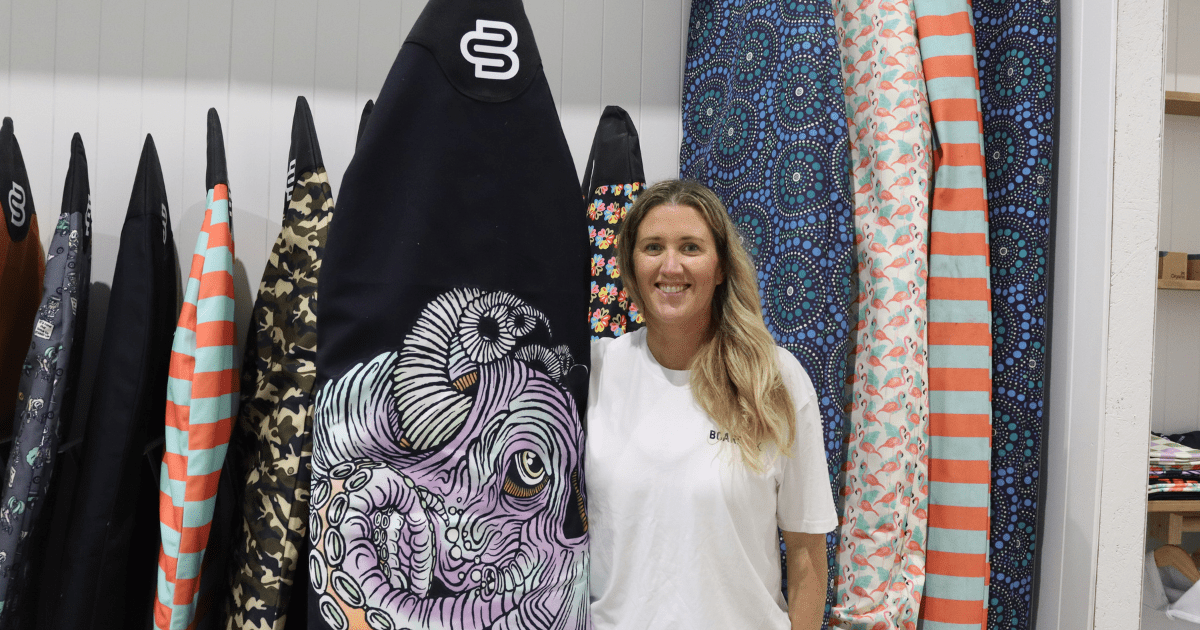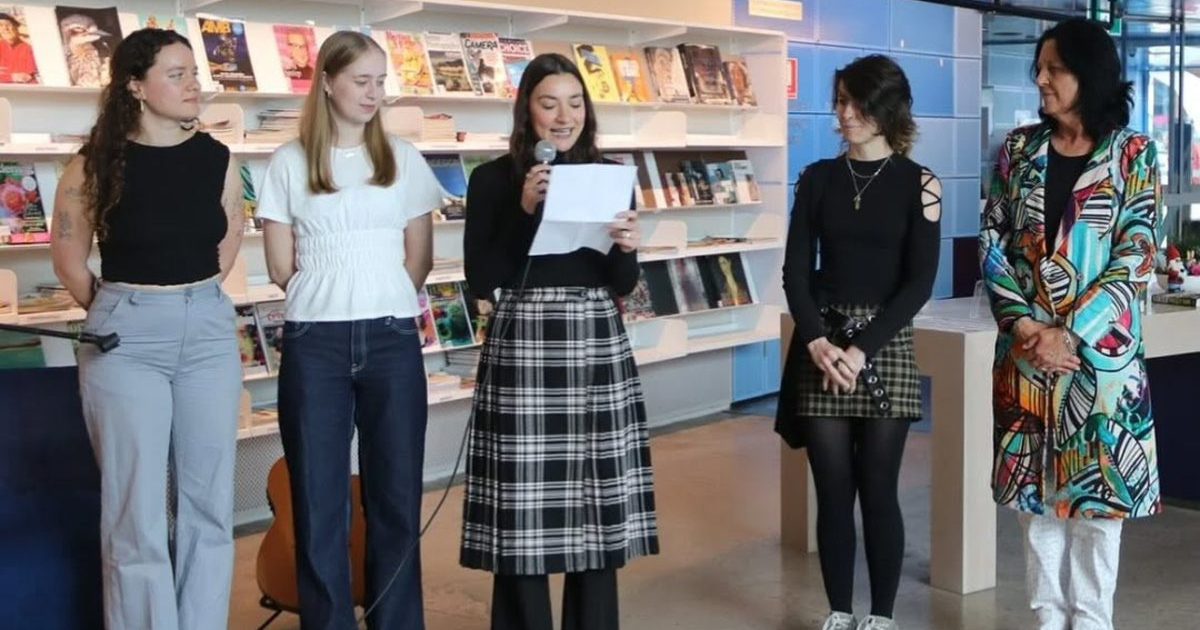Online study tackles loneliness and dementia

Lead researcher and clinical psychologist Dr Suraj Samtani said social connection was a basic human need, and interacting with friends and family, particularly someone you trust and view as a confidante, is a critical factor in reducing loneliness. Photo: SUPPLIED
Researchers are seeking participants for a world-first online study investigating the role of social engagement in maintaining brain function and wellbeing.
The UNSW Sydney’s Centre for Healthy Brain Ageing study aims to combat the key health risks associated with loneliness and social isolation, such as dementia, by providing expert support and activities to people over the age of 55 with memory concerns to help them stay socially engaged, via video calls.
“Being socially isolated is the physical state of having less interactions with other people,” lead researcher and clinical psychologist Dr Suraj Samtani said.
“Loneliness is the emotional state of feeling disconnected from the people around us and feeling the need for more rewarding social connections.”
About one in three Australians feel lonely some, if not all of the time – up from one in four Australians prior to the COVID-19 pandemic – with older adults and those living in regional and remote areas most at risk of social isolation and loneliness.
According to Dr Samtani, the health risks of social isolation and loneliness are comparable to smoking as many as 15 cigarettes a day and can lead to series and complex health complications, including increasing the risk of dementia by more than 25 per cent.
He said, like food and water, social connection is a basic human need, and interacting with friends and family, particularly someone you trust and view as a confidante, is a critical factor in reducing loneliness.
“Evidence suggests that being socially active reduces risk of dementia by half. This is even after taking into account all other risk factors for dementia.
“Quality relationships protect us from dealing with life’s minor and major troubles on our own. Strong social connections are far more important than just having lots of connections.”
Warrnambool resident Carolyn Monaghan has been participating in the study since March.
“I’ve never participated in research before and I now value social connection more than ever,” she said.
“Being part of this study group has given me mental stimulation and friendship. It’s made me feel good and I’ve definitely looked forward to the zoom sessions.”
For Ms Monaghan, who found herself becoming more socially isolated after her father was diagnosed with vascular dementia, participating in the research study has encouraged her to be more active.
“It’s so easy to end up doing nothing, talking to no one and finding yourself dull and boring,” she said.
“I was starting to think I couldn’t be bothered to go out sometimes and I was worried I was becoming demotivated with life.
“Being part of this research has encouraged me to go to social groups and say yes to outings because I feel so much better for it.”
Many of the participants from Ms Monaghan’s research group have stayed connected digitally, supporting each other to live healthier lives.
“One lady from South Australia told us being in the group was better for her than going to the psychologist. It was terrific to see,” Ms Monaghan said.
To register your interest for the “Maintaining Social Engagement Study”, head to forms.office.com/r/98m0ZyYJBB

















